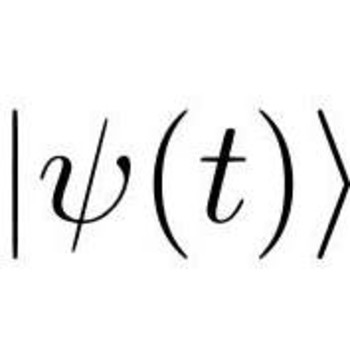How do you find the instantaneous rate of change for #h(t)=-5t^2+20t+1# for t=2?
2 Answers
Apr 23, 2018
Apr 23, 2018
No change.
Explanation:
The instantaneous rate of change for a function is the derivative of that function.
Given:
The derivative is
So at
Therefore, there is no change at


